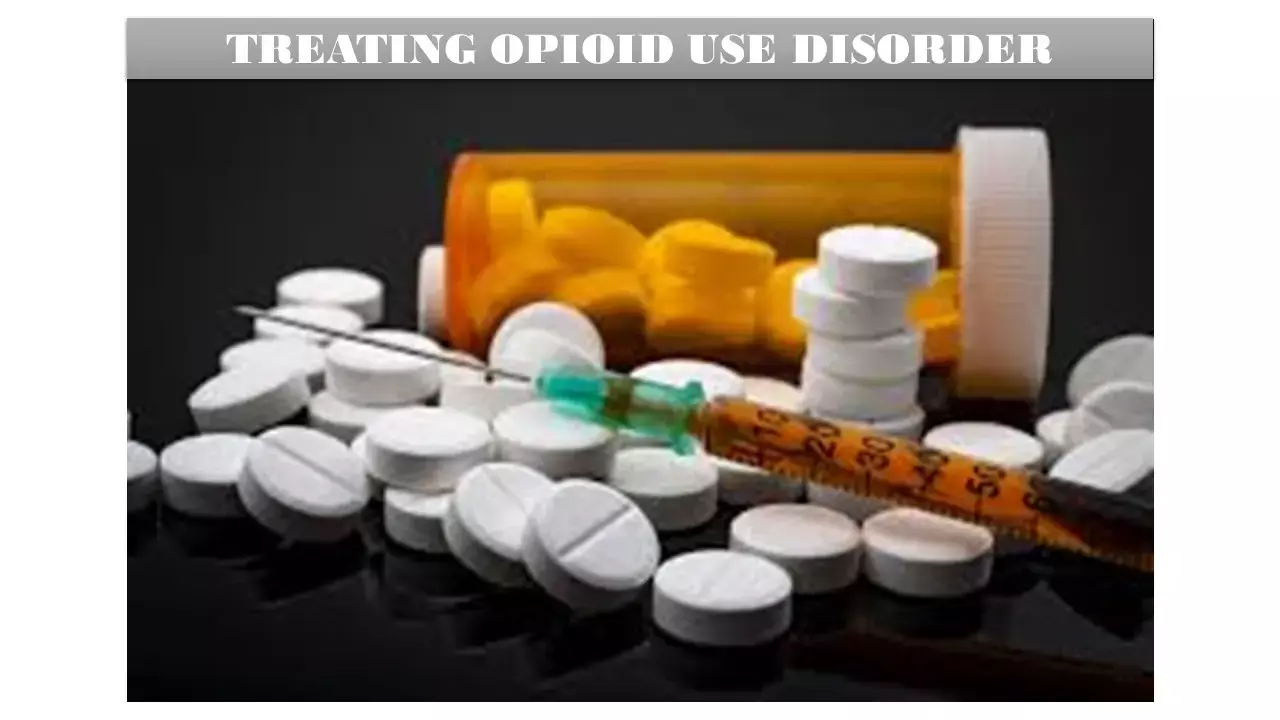- Home
- Medical news & Guidelines
- Anesthesiology
- Cardiology and CTVS
- Critical Care
- Dentistry
- Dermatology
- Diabetes and Endocrinology
- ENT
- Gastroenterology
- Medicine
- Nephrology
- Neurology
- Obstretics-Gynaecology
- Oncology
- Ophthalmology
- Orthopaedics
- Pediatrics-Neonatology
- Psychiatry
- Pulmonology
- Radiology
- Surgery
- Urology
- Laboratory Medicine
- Diet
- Nursing
- Paramedical
- Physiotherapy
- Health news
- Fact Check
- Bone Health Fact Check
- Brain Health Fact Check
- Cancer Related Fact Check
- Child Care Fact Check
- Dental and oral health fact check
- Diabetes and metabolic health fact check
- Diet and Nutrition Fact Check
- Eye and ENT Care Fact Check
- Fitness fact check
- Gut health fact check
- Heart health fact check
- Kidney health fact check
- Medical education fact check
- Men's health fact check
- Respiratory fact check
- Skin and hair care fact check
- Vaccine and Immunization fact check
- Women's health fact check
- AYUSH
- State News
- Andaman and Nicobar Islands
- Andhra Pradesh
- Arunachal Pradesh
- Assam
- Bihar
- Chandigarh
- Chattisgarh
- Dadra and Nagar Haveli
- Daman and Diu
- Delhi
- Goa
- Gujarat
- Haryana
- Himachal Pradesh
- Jammu & Kashmir
- Jharkhand
- Karnataka
- Kerala
- Ladakh
- Lakshadweep
- Madhya Pradesh
- Maharashtra
- Manipur
- Meghalaya
- Mizoram
- Nagaland
- Odisha
- Puducherry
- Punjab
- Rajasthan
- Sikkim
- Tamil Nadu
- Telangana
- Tripura
- Uttar Pradesh
- Uttrakhand
- West Bengal
- Medical Education
- Industry
Opioid abuse disorder patients with acute MI receive less invasive treatment, Study says

Researchers have recently found out that opioid abuse disorders (OUD) patients presenting with AMI receive less invasive treatment compared to those without OUD. OUD patients presenting with STEMI have worse in-hospital outcomes with increased mortality and cardiogenic shock, as published in The American Journal of Cardiology.
Discrepancies in medical care is well known to adversely affect patients with opioid abuse disorders (OUD), including management and outcomes of acute myocardial infarction (AMI) in patients with OUD.
Therefore, authors Sagar Ranka and colleagues from the Department of Cardiovascular Medicine, The University of Kansas Health System, University of Kansas School of Medicine, Kansas City, KS conducted the present study to compare the Hospitalization Trends and Outcomes in Acute Myocardial Infarction Patients with versus without Opioid Use Disorder.
The authors used the National Inpatient Sample to identify all patients ≥18years admitted with a primary diagnosis of AMI (weighted N=13,030; unweighted N=2670) and concomitant OUD. Patients using other non-opiate illicit drugs were excluded. Propensity matching (1:1) yielded well matched 2253 pairs among which intergroup comparison of invasive revascularization strategies and cardiac outcomes was performed.
The findings were-
- The prevalence of OUD patients with AMI had doubled, from 163 to 326 cases per 100 000 admissions for AMI.
- The OUD group underwent less cardiac catheterization (63.2% vs 72.2%; p<0.001), percutaneous coronary intervention (37.0% vs 48.5%; p<0.001) and drug eluting stent placement (32.3% vs 19.5%; p<0.001) compared to non-OUD.
- No differences in in-hospital mortality/cardiac outcomes were noted.
- Among the subgroup of STEMI patients (26.2% of the overall cohort), the OUD patients were less likely to receive percutaneous coronary intervention (67.9% vs 75.5%; p=0.002), drug eluting stent (31.4% vs 47.9%; p<0.001) with a significantly higher mortality (7.4% vs 4.3%), and cardiogenic shock (11.7% vs 7.9%).
- No differences in the frequency of coronary bypass grafting was noted in AMI or its subgroups.
Hence, they concluded that "OUD patients presenting with AMI receive less invasive treatment compared to those without OUD. OUD patients presenting with STEMI have worse in-hospital outcomes with increased mortality and cardiogenic shock."
Dr. Nandita Mohan is a practicing pediatric dentist with more than 5 years of clinical work experience. Along with this, she is equally interested in keeping herself up to date about the latest developments in the field of medicine and dentistry which is the driving force for her to be in association with Medical Dialogues. She also has her name attached with many publications; both national and international. She has pursued her BDS from Rajiv Gandhi University of Health Sciences, Bangalore and later went to enter her dream specialty (MDS) in the Department of Pedodontics and Preventive Dentistry from Pt. B.D. Sharma University of Health Sciences. Through all the years of experience, her core interest in learning something new has never stopped. She can be contacted at editorial@medicaldialogues.in. Contact no. 011-43720751
Dr Kamal Kant Kohli-MBBS, DTCD- a chest specialist with more than 30 years of practice and a flair for writing clinical articles, Dr Kamal Kant Kohli joined Medical Dialogues as a Chief Editor of Medical News. Besides writing articles, as an editor, he proofreads and verifies all the medical content published on Medical Dialogues including those coming from journals, studies,medical conferences,guidelines etc. Email: drkohli@medicaldialogues.in. Contact no. 011-43720751


